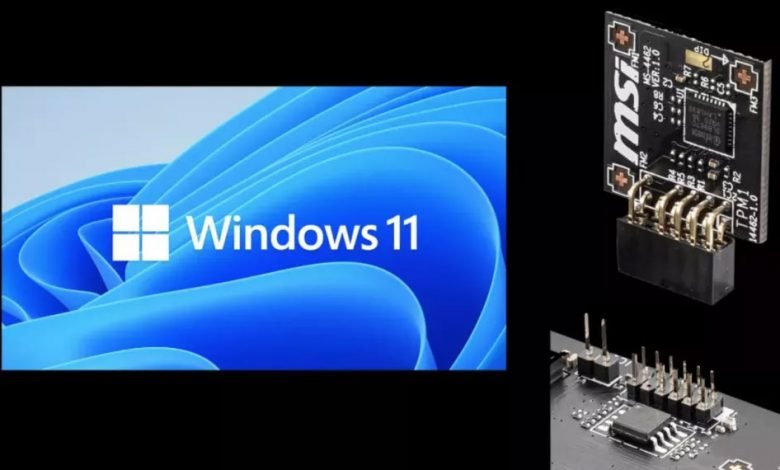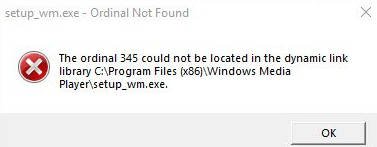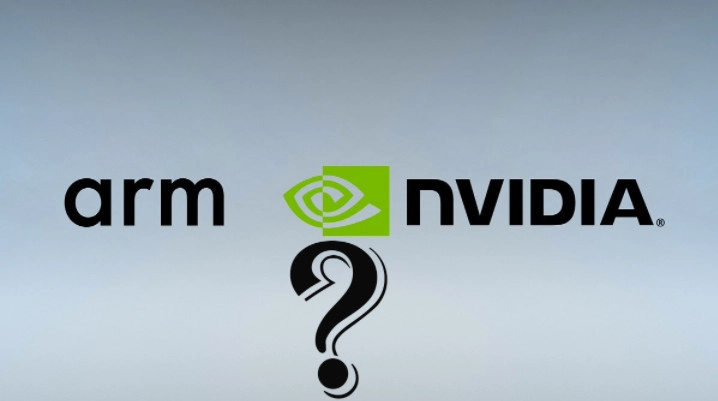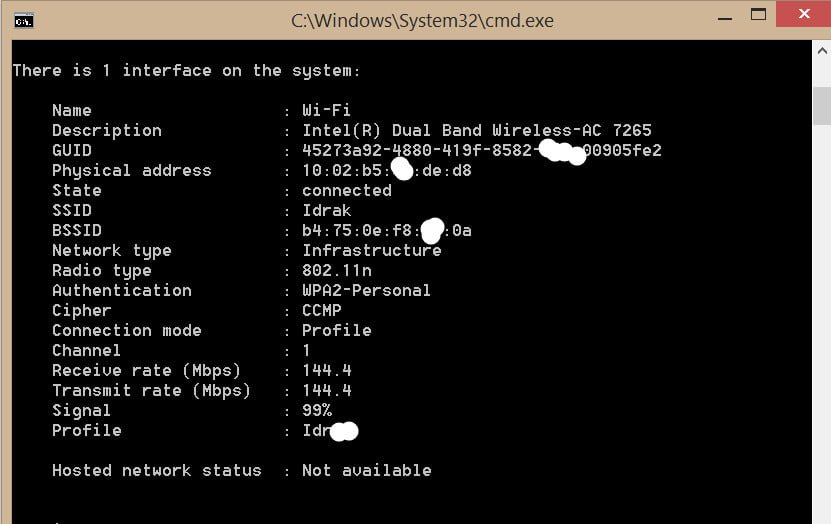
During the announcement of the Windows 11 operating system, low-level UEFI, Secure Boot protocol, and TPM 2.0 were named among the minimum requirements. In the latter case, either the Trusted Platform Module hardware chip (by the way, the price of which has already quadrupled against the background of the Windows 11 presentation) or the fTPM (Firmware-based Trusted Platform Module) software emulator is required. Most modern computers meet this requirement precisely because of fTPM, but in general, the technology limits the number of PC users who can install Windows 11.

It turns out that Microsoft is developing separate flavors of Windows 11 for “special purpose systems” without TPM 2.0. These assemblies are intended for PCs used in government, military, or any other area with specific security requirements. Among the target countries, foreign colleagues named China (uses its versions of Windows, algorithms, and encryption technologies), as well as Russia.

To install Windows 11 on a system without TPM enabled, you need special permission from Microsoft. The company allows “OEMs for custom commercial systems, custom systems, and custom image client systems” to ship systems without TPM support enabled.
Regular users probably won’t have legal access to the ISO installation files or workarounds used for non-TPM 2.0 builds. But as the history of information technology shows, there are certainly enthusiasts who can realize these opportunities for the general public.



